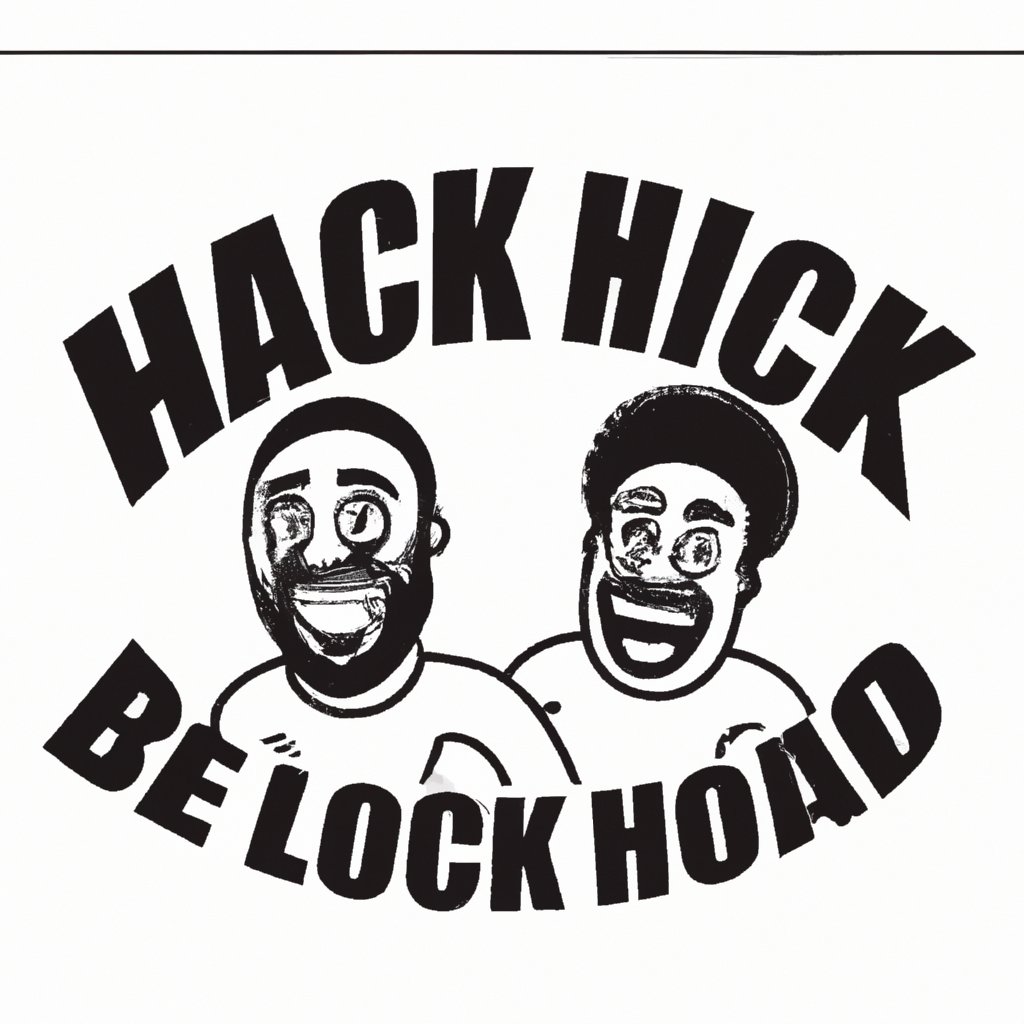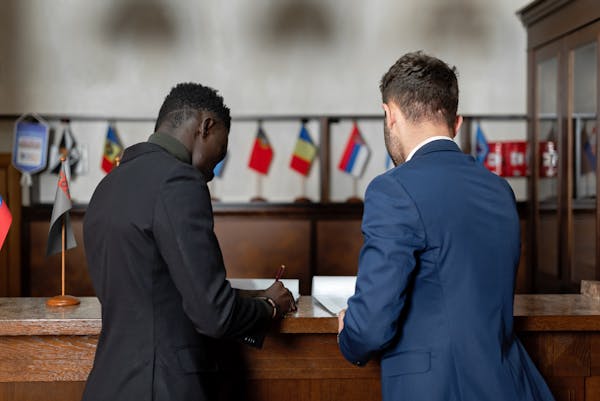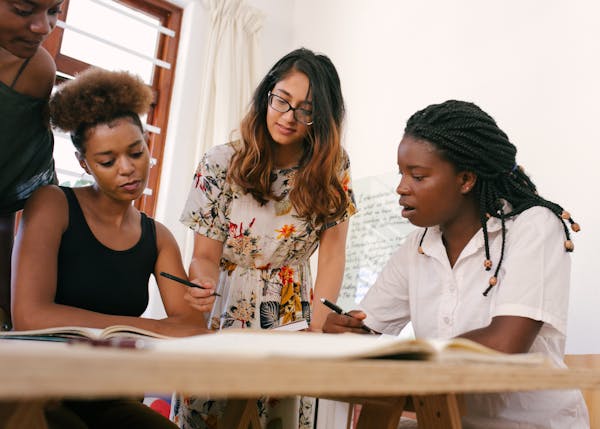Black people jokes have been around for centuries, with some dating back to the days of slavery and segregation. While some may argue that these jokes are harmless and just a form of humor, the truth is that they are incredibly harmful and offensive. These types of jokes perpetuate negative stereotypes about black people, leading to discrimination and bias towards them in society. In this blog post, we will explore the history behind black people jokes, discuss why they are so damaging, and provide tips on how to stop telling them. Join us as we delve into this important issue and shed light on why it’s time to put an end to black people jokes once and for all.
What are black people jokes?
Black people jokes are a type of humor that revolves around negative stereotypes about black individuals. These jokes often use derogatory language or make fun of physical characteristics commonly associated with black people, such as their skin color or hair texture.
One common theme in black people jokes is the idea that black individuals are lazy and unintelligent. These types of jokes perpetuate harmful stereotypes that have been used to justify discrimination against black people for centuries.
Another popular topic in these types of jokes is crime and violence. Jokes may insinuate that all black people are criminals or violent, which again reinforces damaging stereotypes.
It’s important to note that not all humor involving race is bad; however, when it comes to making fun of an entire group based on their race, it becomes problematic and offensive. It’s crucial to be mindful of our words and actions so we can avoid contributing to harmful attitudes towards marginalized groups like the Black community.
The history of black people jokes
The history of black people jokes can be traced back to the era of slavery in America. Slaves were often portrayed as lazy, stupid, and uneducated in popular culture. These negative stereotypes continued long after slavery was abolished and became ingrained in society’s collective consciousness.
During the early 20th century, blackface minstrel shows became popular entertainment across America. White performers would darken their skin with makeup and perform exaggerated caricatures of African Americans, perpetuating harmful stereotypes through humor.

As civil rights movements gained momentum throughout the mid-20th century, comedians like Richard Pryor began using comedy to challenge racial prejudices rather than reinforce them. However, some mainstream comedians still relied on offensive stereotypes for laughs.
In recent years, social media has made it easier for offensive jokes to spread quickly and reach a wider audience. While many people still believe that these jokes are harmless or even funny, they ignore the real harm that such humor causes by perpetuating prejudice and discrimination towards marginalized groups.
It is important to recognize the damaging effects of black people jokes and work towards creating a more inclusive society where all individuals can feel respected regardless of race or ethnicity.
Why black people jokes are harmful and offensive
Black people jokes have been around for centuries, but they are not harmless fun. In fact, they can be extremely harmful and offensive. These types of jokes perpetuate negative stereotypes about black people and reinforce systemic racism.
The use of racial humor has a long history in America, dating back to minstrel shows in the nineteenth century. These shows featured white performers mocking African American culture through caricatures and exaggerated behaviors. Unfortunately, this type of racist humor continues to persist today through black people jokes.
These types of jokes contribute to a culture that normalizes racism and makes it easier for individuals to justify their discriminatory behavior towards black people. They also add insult to injury by further marginalizing an already oppressed group.
Moreover, these “”jokes”” can have serious emotional impact on those who are targeted by them or belong to the same social group as those being targeted. It reinforces feelings of exclusion which may lead victims into depression or low self-esteem among other things.
It’s important for us all to take responsibility for ending the usage of black people jokes as well as any form of racism. We must acknowledge its existence and recognize how it contributes to the ongoing harm done on communities with less privilege than ours; because only then we will find ways towards creating an anti-racist society where everyone is treated equally regardless their race or ethnicity .
The impact of black people jokes
The impact of black people jokes cannot be overstated. When we tell these jokes, it perpetuates negative stereotypes about an entire race of people. It reinforces the idea that black people are less intelligent, less capable and more prone to criminal behavior than other races.
This kind of thinking is not only hurtful but also dangerous because it can lead to discrimination against innocent people who happen to belong to that particular group.
Black people jokes can have a devastating effect on individuals, too. They can cause feelings of alienation and inferiority in those who are targeted by these kinds of humor. People may feel like they don’t belong or are unwelcome in certain social situations due to this type of pervasive racism.
Moreover, black children who grow up hearing these types of jokes may internalize them as true and develop low self-esteem or even hate themselves for being born with dark skin.
The impact of black people jokes reaches far beyond just a few moments’ laughter among friends. We must remember that our words carry power, both positive and negative; therefore we should choose them wisely when speaking about others.
How to stop telling black people jokes
It’s important to understand that telling black people jokes is not only harmful and offensive, but it also perpetuates negative stereotypes and reinforces systemic racism. If you want to stop telling these types of jokes, here are a few tips on how to do so.
Firstly, educate yourself about the history of racism and its ongoing impact on Black communities. By understanding the root causes of inequality and oppression, you’ll be better equipped to recognize why making such jokes is problematic.
Secondly, acknowledge your own biases and prejudices. We all have them – it’s part of being human. However, by recognizing where your biases lie, you can become more aware of when they might be influencing your behavior or language choices.
Thirdly, listen to feedback from others. If someone tells you that something you said was inappropriate or hurtful, don’t dismiss their concerns or get defensive. Instead, try to understand where they’re coming from and make an effort not to repeat the same mistake in the future.
Actively seek out positive representations of Black people in media and popular culture. This will help counteract any negative stereotypes that may have been reinforced through exposure to racist humor or rhetoric.
By taking these steps towards greater awareness and empathy for marginalized communities like Black Americans we can begin dismantling harmful beliefs which ultimately divide us as a society
Conclusion
Black people jokes may seem harmless or funny to some individuals, but they are actually harmful and offensive. These types of jokes perpetuate negative stereotypes about black people and contribute to a culture of racism and discrimination.
It is crucial for individuals to understand the impact that their words can have on others. Making fun of someone’s race or ethnicity is never acceptable, regardless of intent.
As a society, we must work towards creating a more inclusive and respectful environment where everyone feels safe and valued. This means calling out harmful behavior when we see it and actively working to educate ourselves on different cultures and experiences.
Let us all strive towards being kinder, more empathetic human beings who recognize the value in diversity rather than using it as fodder for humor. It is up to each one of us to make a positive change in our communities by respecting the differences among us while treating everyone with dignity and respect.
“




